6 Common Tools That Startups Use
Are you really a startup if you don't use Slack? It's a question that's been asked before. Startups, specifically tech startups as that's what this article is about, often use particular software and tools to make life easier for the team and day-to-day running of the business.
If you are a startup that's looking to improve its work efficiency, consider using one or more of the tools listed below.
Commonly Used Startup Tools
There is an abundance of software and tools on the market for startups to use. There's no way we're going to be able to look at them all in any kind of article. So, to consider some software as examples, these are some of the tools that are most commonly used.
1. Slack
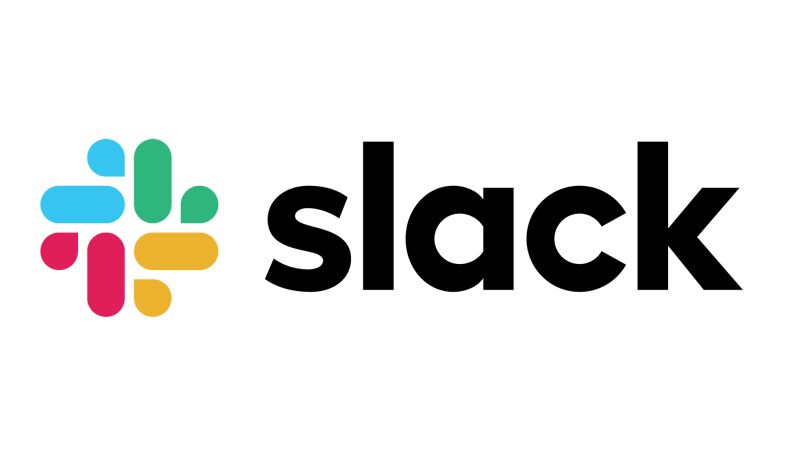
Slack is one of the most common tools in the tech world. Everybody uses Slack from startups to YouTube teams.
The tool is for communication within your organization. Slack works as a channel-based messaging platform for organizations to use in order to improve communications. You can direct message other team members, and send messages to larger groups.
The tool is perfect for making it easy to talk to teams and staff instantly, without the need for emails. Slack also supports the integration of other software and tools so that you can have all of your workplace tools in one space.
For example, you can integrate your calendar so you can send reminders in messages about upcoming events or meetings. You can even integrate services like Google Drive to create Google Docs without leaving your Slack workspace.
2. Asana
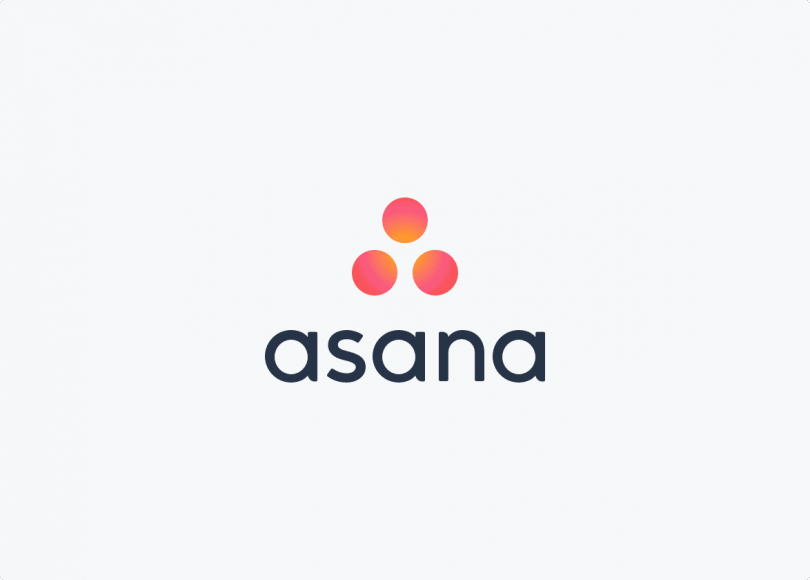
Asana is a team and task management tool. Using the platform, you put tasks on To-Do lists for different teams. From here, you can assign tasks to certain team members, and set deadlines as well.
The tool makes it much easier for teams and management to keep on top of projects and tasks so that there's less need for catch-ups. Reporting tools on Asana make it easy to see exactly what your teams have been getting up to, as well as the to-do list style making it easy for team members to keep track of their tasks.
3. Monday

Monday is another task management tool. The platform offers a very simple yet effective solution to task management. There are plenty of reasons that teams use Monday.
Uploading tasks in a to-do list style makes it easy to break larger projects down into smaller tasks. Monday uses a color-based status to monitor the progress of tasks with just a glance. The platform also allows for integrations with other tools to bring tasks directly to you without the need for manual input, saving time.
4. Intercom
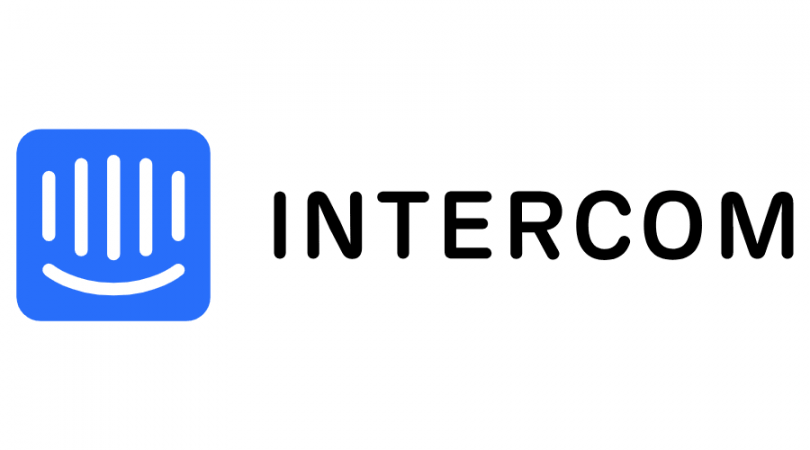
Intercom is one of the most popular live chat platforms for companies to use on their website. Most websites use live chat now as it's a quicker and more convenient way for users to contact the support team.
This tool probably has some of the most customizable and intuitive features. Not only can you build a live chat system with automation and a bot, but you can also use Intercom to communicate via email, and build a FAQ page for your website.
5. Zendesk
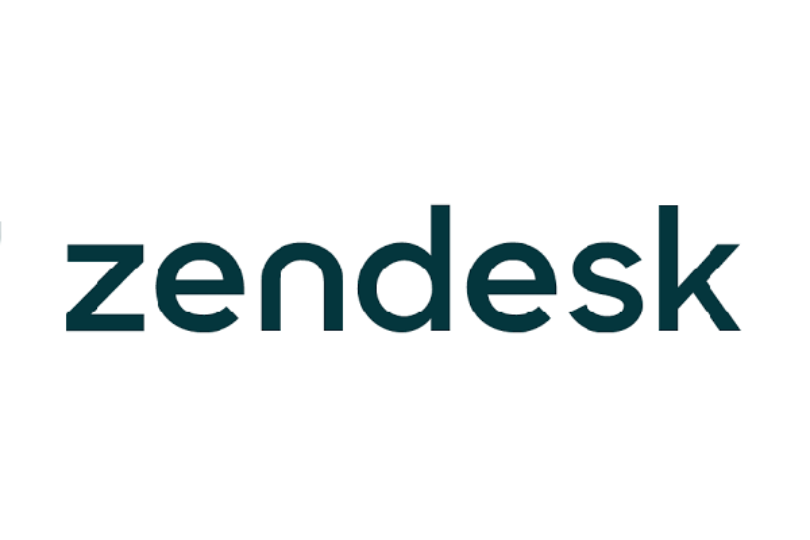
Zendesk is one of the tools available that does the most for a company. The platform has an all-in-one feel to it, and can often be used to cover the whole of the customer services team.
With Zendesk, you can add live chat to your website, manage and ticket your emails, build and upload an in-depth FAQ page, manage phone calls, and manage social media. With all the important customer communication channels being brought under one roof, a team can respond to users faster than ever.
6. Google Workspace
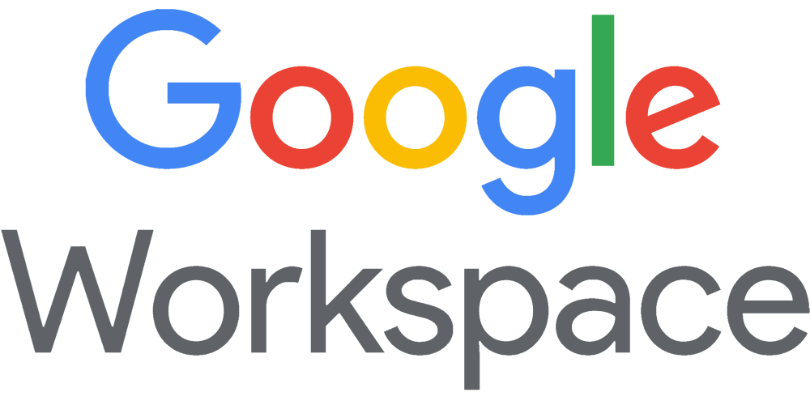
Google Workspace is the most comprehensive tool on this list. However, this is a platform that many users may not know a company actually uses.
The platform brings Google to your organization. Google Workspace allows you to create email accounts using your company's domain name and turns these into private Google accounts.
This gives you access to all the Google services such as Drive, Docs, Slides, Photos, and all the others while allowing the company to manage each account.
Many organizations use Google Workspace behind the scenes for their emails, and file storage on the cloud.
How Many Startups Actually Use These Tools?
When it comes to how many startups use productivity tools, you'd probably argue that every startup does to one level or another. All startups use email at the very least, so their email client makes at least one tool that the company is using.
In terms of the list we've focused on in this article, all these tools are widely used by startups. Slack is used by 750,000 companies (2020), Asana by 50,000 (2018), Monday by 100,000 (2020), Intercom by 30,000+ (2021), Zendesk by 150,000 (2020), and G Suite by 6 million (2020). Across the board, the six tools we've looked at are used by approximately 7.1 million organizations.
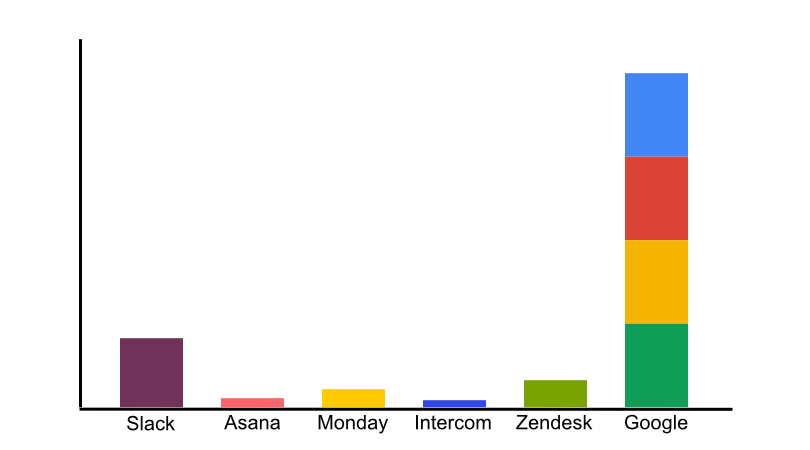
And these six tools are just some of the most popular platforms out there. There are hundreds of other tools out there with high user numbers as well. So, when you consider this, inarguably you can see that so many startups really do use these tools.
So Are You Really a Startup?
Using or not using certain software cannot determine whether or not you are a startup company. The definition of a startup is "A newly established business".
If a company meets that definition, they are literally a startup. But, when you consider how integral many of these tools have become for startups, you must wonder what they'd do without them.
Ultimately, the tool that will be talked about is one that helps to increase their bottom line, improve the overall experience at work, and contribute to seamless team collaboration.
source https://www.makeuseof.com/common-startup-tools/
Post a Comment for "6 Common Tools That Startups Use"
Comment when there are difficulties